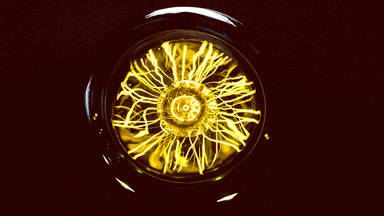
Reasearchers have developed a videogame in which you have to imitate those who produce and spread fake news, so you can learn to recognize them, become 'immune' and psychologically resistant.
To realize this sort of 'computer vaccine', described in the Palgrave Communications journal, by a group of researchers from the British University of Cambridge.
In February 2018 the video game "Bad News" was offered to 15,000 people, who took 15 minutes to complete it. Their job was to feed the audience with anger and fear by manipulating news and spreading them on social media using messages on Twitter, retouching photos, instigating and spreading conspiracy theories to attract more followers. All while maintaining certain credibility to be persuasive.
"The false news spreads faster and more widely than the accurate ones, so combatting disinformation after the fact can be like fighting a losing battle," comments Sander van der Linden, study coordinator.
"We wanted to see if we could unmask the fake news by exposing people to a small dose of the methods used to create misinformation, in order to make them understand how they can be tricked," he continues.
The game serves as a 'mental vaccine', based on what psychologists call "Inoculation theory", according to which it is possible to strengthen resistance to persuasive ideas, exposing people to weak forms of messages contrary to their views.
To achieve this, players were asked to evaluate the reliability of a number of different titles and tweets before and after the game of true and false news. In this way, they observed that the perceived reliability of fake news dropped by an average of 21% after playing the game. Those who were more susceptible to misinformation benefited most from this 'immunizing' treatment.
Working with the British Foreign Ministry, the researchers translated the game into 9 languages, including German, Serbian, Polish and Greek, and curated it for children between 8 and 10 years.
The study confirmed that it is possible to train society to perform better at recognizing propaganda.









